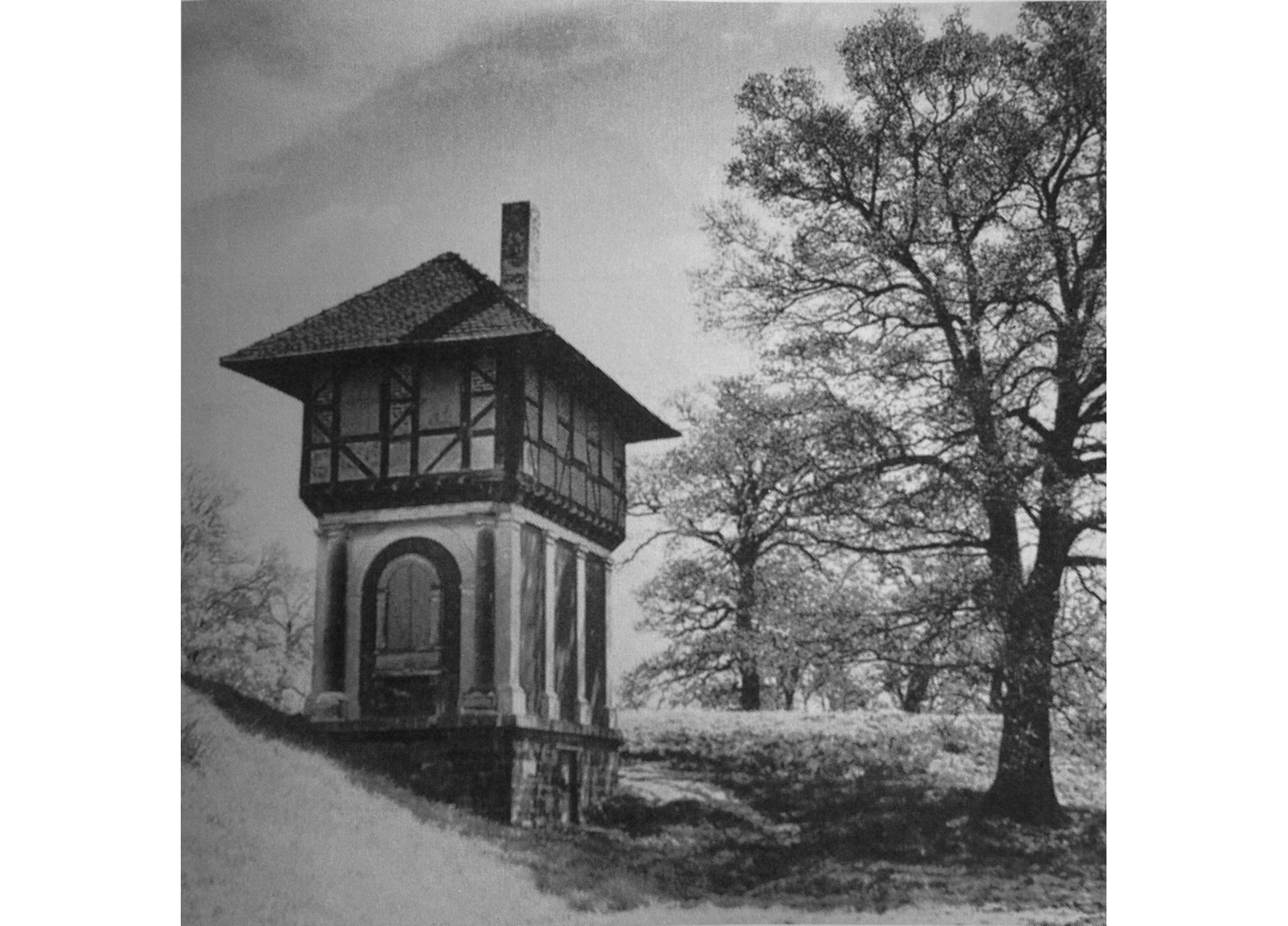scales of change
The ECLAS 2022 conference in Ljubljana, Slovenia, addressed the question of scales, which is not new to landscape architects. But is one that does not have a definite answer; it needs to be asked again and again. The issue addresses the very identity of the profession and the nature of the context in which landscape architects operate and teach. The contributions along the five tracks of the conference - Evolution and reflection, Relation between design and planning, Teaching across scales, Context matters, and Beyond the field - are collected in the conference proceedings: Scales of Change.
the power of composition
Designed form is not about creating a good appearance. Nor is it restricted to the small scale. The small scale, however, can be used as a valuable playground and laboratory for large scale landscape designs. Three case studies are compared in which similar compositional principles are used at different scales and complexities: the technical, agricultural, pedagogic social reform landscape of the Gartenreich Dessau-Wörlitz (Duke Leopold III of Anhalt-Dessau, 1760-1830), the theatrical urban design for London connecting the government centre with the landscape panorama (John Nash, 1810-1826) and the residential urban landscape of Borneo-Sporenburg in Amsterdam (West8, 1993-2000). In each we can recognize the formal principles of the picturesque garden. Not the style, image, or shape, but the formal (visual-spatial) principles: landscape fragments that are connected by a route as a scenographic succession of composed scenes or tableaux, using the existing topography as a base. Such timeless compositional principles, as the relation between form and space as the initiator and carrier of structure, are versatile enough to accommodate and generate varying uses and processes. These examples illustrate a landscape architectural position that is in its essence not about problem solving but about creating form as condition for different uses, intended and unintended, expected, and unexpected, for human and non-human practices and experiences.
In Tadej Bevk and Mojca Golobic ed. Scales of Change. Conference Proceedings ECLAS 2022 University of Ljubljana. pp. 155-161
